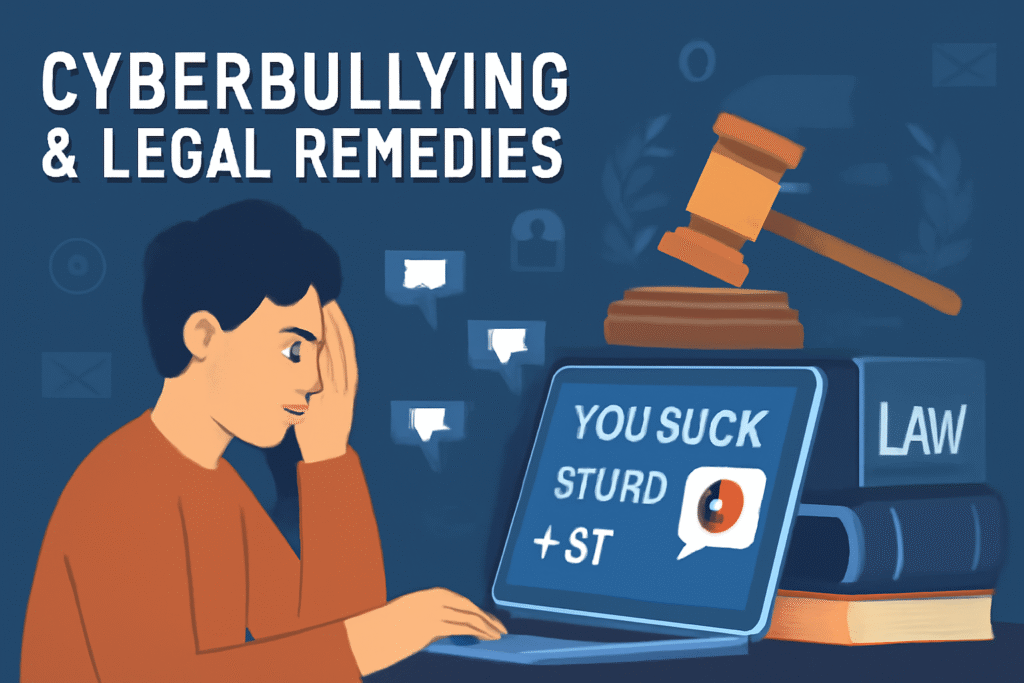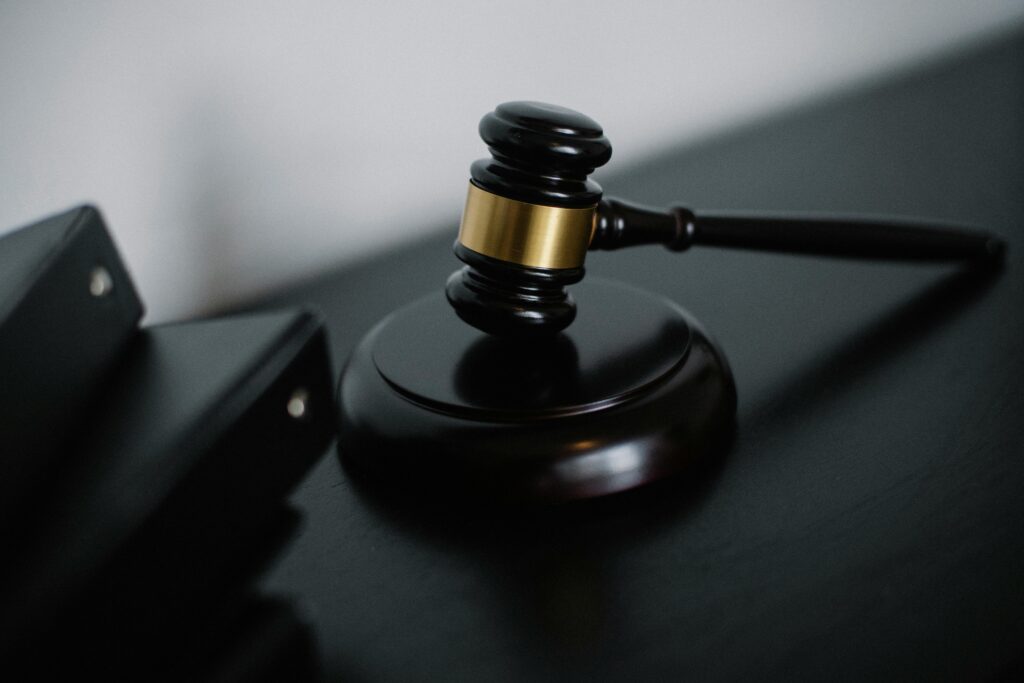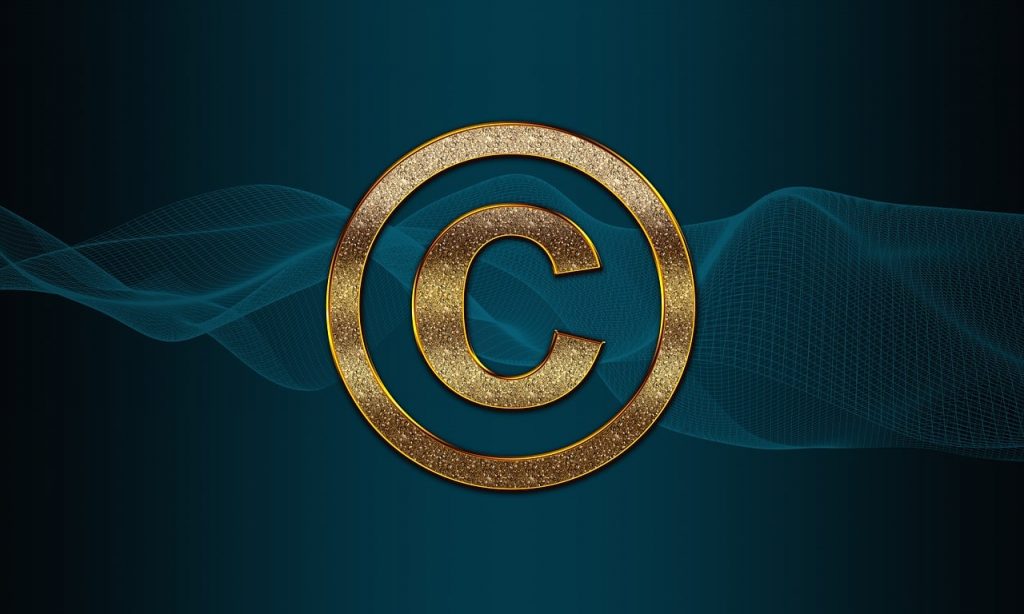Published On: 1st January, 2024
Authored By: Harapriya sahoo
SOA NATIONAL INSTITUTE of LAW
Case Title: Supriyo @ Supriya Chakraborty & Anr. v. Union of India
Court: Supreme Court of India
Citation: Writ Petition (Civil) No. 1011 of 2022
Judges: CJI D.Y. Chandrachud, S.K. Kaul (J), S.R. Bhat (J), Hima Koli (J) and P.S. Narasimha (J)
Date of Judgment: 17th October, 2023
Abstract
One of the biggest court cases in India involving the rights of the LGBTQ+ community is Supriyo v. Union of India. The case highlights the opposition to the government’s attempt to legalize same-sex unions under the 1954 Special Marriage Act. The interpretation of rights guaranteed by the Indian Constitution under Articles 14, 19, and 21—such as equality, dignity, and personal liberty—will be significantly impacted by this case. Although the Indian judiciary has played a significant role in the advancement of LGBTQ+ rights, this case raises more serious concerns about the scope of the court’s authority to compel social and legislative changes while striking a balance between constitutional protections and societal norms.
Introduction
In India, the topic of same-sex marriage has generated controversy, particularly in the wake of the Supreme Court’s historic ruling in Navtej Singh Johar v. Union of India (2018), which decriminalized homosexual activities performed consensual. The petitioners in Supriyo v. Union of India argued that the refusal to recognize same-sex marriages violates their fundamental rights and constitutes discrimination based on sexual orientation. The case intersected questions of Indian society’s acceptance, the judiciary’s function, and constitutional interpretation.
Because it directly challenges the exclusion of same-sex couples from the institution of marriage, which has important social, legal, and economic ramifications, this case is seen as a crucial turning point in the struggle for LGBTQ+ rights. The government opposes same-sex marriage recognition, arguing that marriage is a traditional institution intended for heterosexual relationships, notwithstanding the petitioners’ call for an inclusive interpretation of the Special Marriage Act. The ultimate ruling in this case by the Supreme Court may have significant ramifications for both the LGBTQ+ community and how India’s constitution is interpreted going forward.
Facts of the case
The Supreme Court received a writ petition on November 14, 2022, from Supriyo Chakraborty and Abhay Dang, as well as from Parth Phiroze Merhotra and Uday Raj Anand, two same-sex couples. This is the most important legal action taken by this gender minority community to recognize same-sex marriage in India. The Special Marriage Act of 1954 is the subject of their petitions, which primarily address its constitutionality. The Act’s Section 4(c) limits marriage to “Male” and “Female.” Section 4(c) of the Special Marriage Act of 1954, according to the petitioners, discriminates against same-sex couples and prevents them from receiving retirement benefits, surrogacy, adoption, employment, and other family-based safeguards. This makes the provision illegal. On the same basis, they have also filed numerous other cases against various personal laws, including the Foreign Marriage Act of 1969 and the Hindu Marriage Act of 1955. They make a strong case that opposing same-sex marriage violates a number of fundamental rights, including equality, freedom of speech, and human dignity.
They also cited the decisions made in two other landmark cases, Navtej Singh Johar v. Union of India and NALSA v. Union of India, which recognized non-binary or transgender gender identity and granted equal rights to homosexual individuals. The Supreme Court, led by Chief Justice D.Y. Chandrachud and Justice Hima Kohli, made history on November 25, 2022, when it issued an order compelling the union to respond to the petitioners. Future legal disclosure about India’s acceptance of same-sex marriages was made possible by this order. On March 11, 2023, the five-judge bench withheld a decision after ten days of proceedings. A five-judge panel is anticipated to rule on the petitions requesting marriage equality for the LGBTQIA+ community on October 17, 2023. This decision is anticipated to change the law as it is and have a big effect on same-sex people’s freedom and rights in India.
Issues Raised
- Does the Fundamental Right to marry exist?
- Is marriage legal for people who identify as LGBTQIA+?
- Can the Supreme Court rule on whether or not members of the LGBTQIA+ community have the right to marry?
- Is the Special Marriage Act, 1954 unconstitutional?
Contention of Appellant
The petitioners ask the Supreme Court to uphold their right to marriage, which is protected by Articles 14, 15, 19, 21, and 25 of the Indian Constitution, which give everyone the freedom to marry the person of their choice. The petitioners include couples as well as other members of sexual and gender minority communities. They notably raised concerns with key aspects of the Foreign Marriage Act and the Special Marriage Act, arguing that it violates the fundamental rights of communities of sexual gender minorities to be excluded from marriage acts. They asserted that they were entitled to sue for the violation of their rights under Article 32 of the Indian constitution, which gives the Supreme Court the power to defend a person’s fundamental rights.
The petitioners aimed to extend the right to marriage and family establishment for the communities of sexual gender minorities based on various articles of the constitution, taking into account the Supreme Court’s establishment of fundamental rights for individuals who identify as sexual minorities in cases like NALSA v. UOI, Puttaswammy v. UOI, and Navtej Singh Johar v. UOI. The Delhi Commission for Protection of Child Rights, a statutory body of the Aam Aadmi Party-led Delhi government, intervened to endorse allowing individuals who identify as sexual or gender minorities to marry, form families, and adopt children.
Contention of Respondent
In this case, the respondent was the Union Government, represented by the Bhartiya Janata Party and its statutory organization, the National Commission to Protect the Rights of Children. Because of India’s social, cultural, and religious legacy as well as popular morals and majority beliefs, they opposed the extension of the right to marriage and the creation of families for people who identify as sexual or gender minorities. Numerous nonprofits, women’s empowerment organizations, Islamic organizations, and Hindu organizations are against the right. The definition of marriage should not be open to judicial interpretation; only legislative authorities have the ability to amend it. The concept of marriage is deeply rooted in our societal and legal framework, and it presumes the union of two people of opposite genders.
Marriage’s legal status varies depending on the culture. For example, marriage is a sacrament in Hinduism and involves mutual duties between men and women. In Islam, marriage is a contract, but it is only permitted between biological males and females. Therefore, asking a court to change a long-standing legal policy that is ingrained in social and religious norms would not be acceptable. The Hon’ble Supreme Court made it clear in the Navtej Singh Johar v. UOI (2018) 10 SSC 1 case that a person’s right under Article 21 of the Constitution does not always entail marriage[1].
Registering a marriage between a same-sex couple would also violate all codified and personal laws, including those pertaining to marriage requirements, ceremonies or rituals, relationship prohibitions, and more. Matters about marriage, divorce, and maintenance that fall solely under the purview of the legislature. The Indian legislature recognizes that a marriage is a union of a biological man and a biological woman. This is made clear by statutes, all personal laws, and penal laws. It also makes it clear that the legislature, not the judiciary, has the authority to change policy.
Judgement
Chief Justice D.Y. Chandrachud wrote that the court could not declare the Special Marriage Act, unconstitutional because it would bar inter-caste and religious marriages, and adding a same-sex couple in the act would violet the separation of powers between the judicial and legislative and the parliament only has the power to legalize same-sex marriage. Justice S.K. Kaul agreed with Chandrachud that same-sex relationships had been recognized in India from the ancient period, and this is not in terms of sexual activities but as relationships based on love, emotional support, and mutual care. But still ruled that the court can’t grant LGBTQA+ people to marry as that is the exercise of legislation. The majority opinion of the court held that trans people may marry “A transgender man can marry a transgender woman and also if a trans person want to marry a heterosexual man, then their marriage will be recognized as if one man and another a woman”[2].
Defects of Law
There were no legal flaws because the Supreme Court made it abundantly evident that only the parliament had the authority to add to and modify both codified and personal laws. The separation of powers will be violated if the court gets involved in this. “The court cannot legislate the domains that fall under the parliament (legislative system) or strike down the constitutional validity of the Special Marriage Act because of its institutional limitations,” Justice Chandrachud declared emphatically.
Inference
The ruling of the Supreme Court in the Supriyo v. UOI case constitute a major setback for the
LGBTQA+ community. The majority’s decision to refuse to legalize same-sex marriage in India is disappointing. The major party gave a number of non-sensible reasons like claiming right to marriage is not a fundamental right and is not supported by the constitution of India, also claimed that same-sex couple has other legal options but live-in relationships and civil partnerships don’t give same legal right and security to the couples which is given in marriage. However, Justice Chandrachud and Kohli gave strong well-reasoned arguments which is in favor of same-sex marriage by supporting the right to marry as a fundamental right and section (c) of the Special Marriage Act is a violation of the rights of same-sex couples and they have the same right to marry as the heterosexual couples. Overall, the decision by the Supreme Court on this case is somehow not clear and mixed. However, the dissenting opinion given by Justice Chandrachud and Kohli makes the possibility that the Supreme Court will reconsider to legalization of same-sex marriage in the near future high.
Reference(s):
[1] Ratna Singh, SUPRIYO CHAKRABORTY V. UNION OF INDIA, November 11, 2023, https://legalvidhiya.com/supriyo–chakraborty–v–union–of–india/
[2] Supriyo @ Supriya Chakraborty vs Union of India, Supriyo @ Supriya Chakraborty vs Union of India on 17 October 2023 (indiankanoon.org) last visited on 23 March 2024




